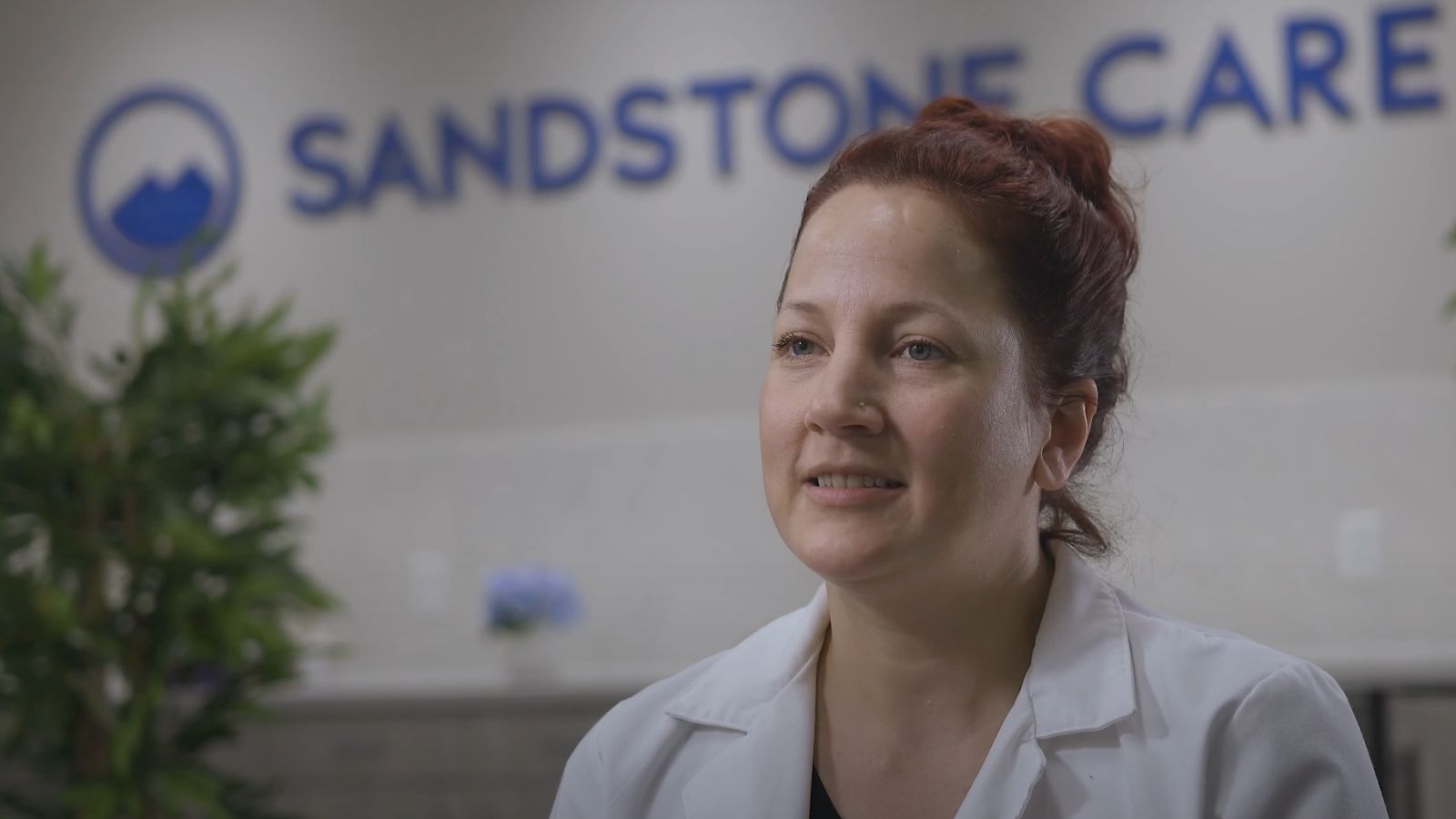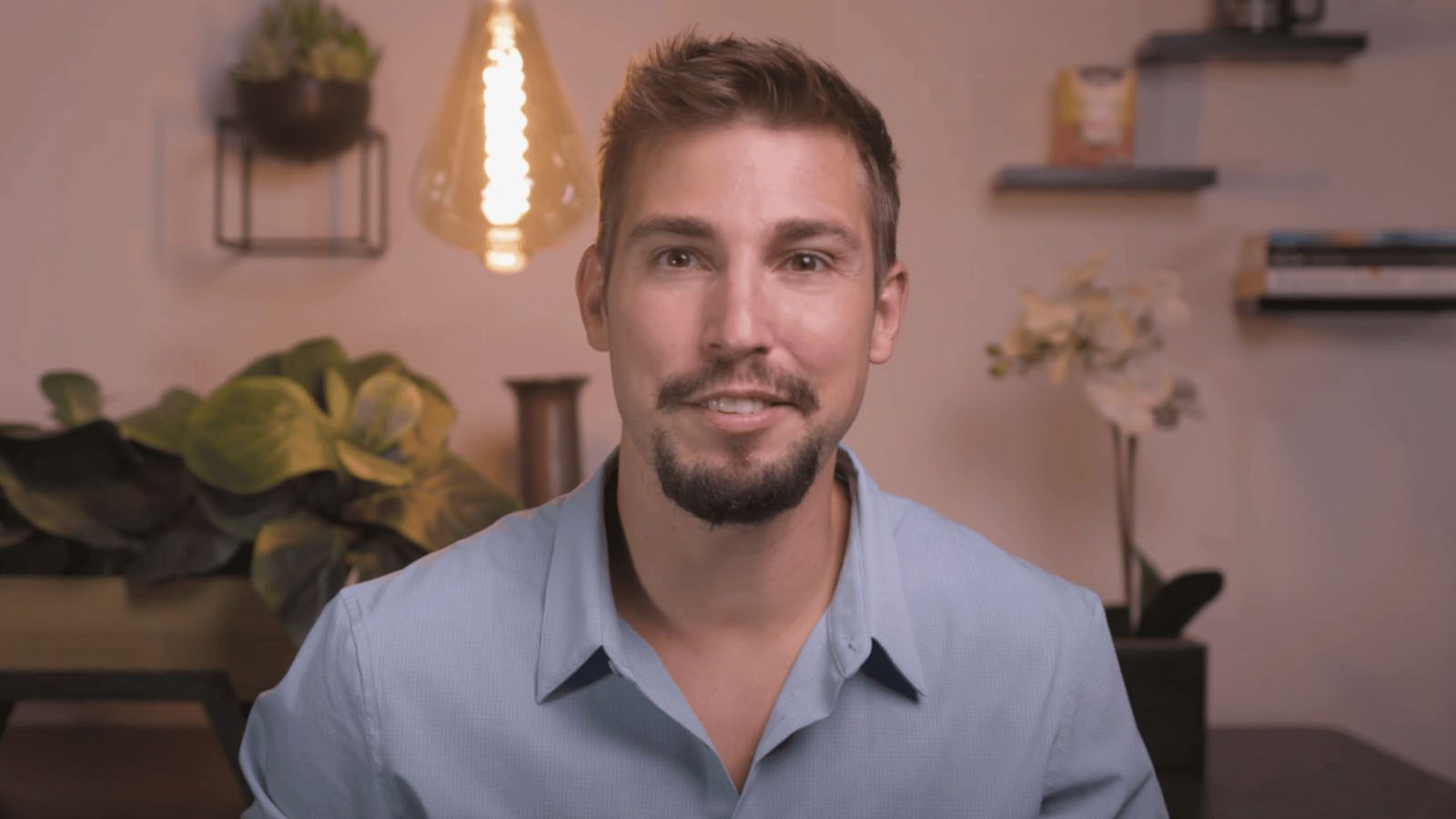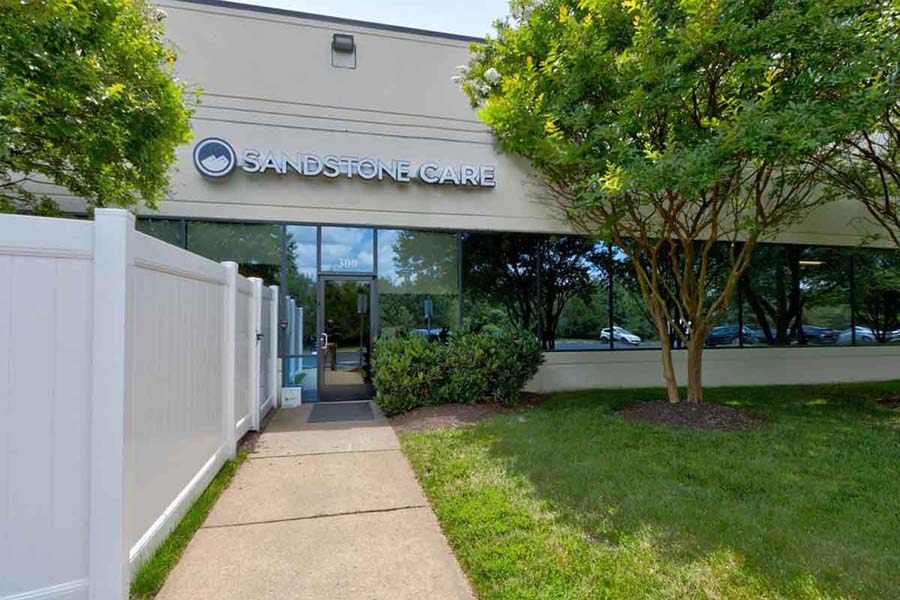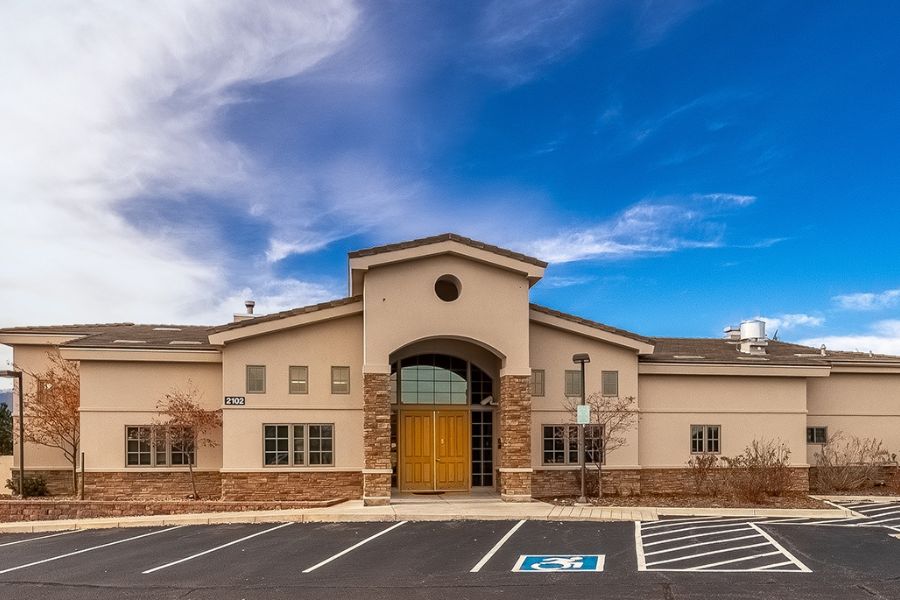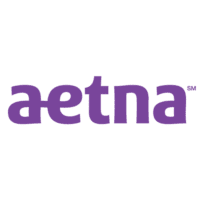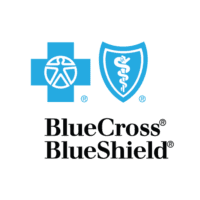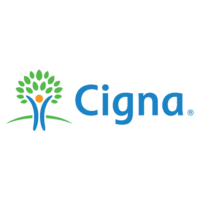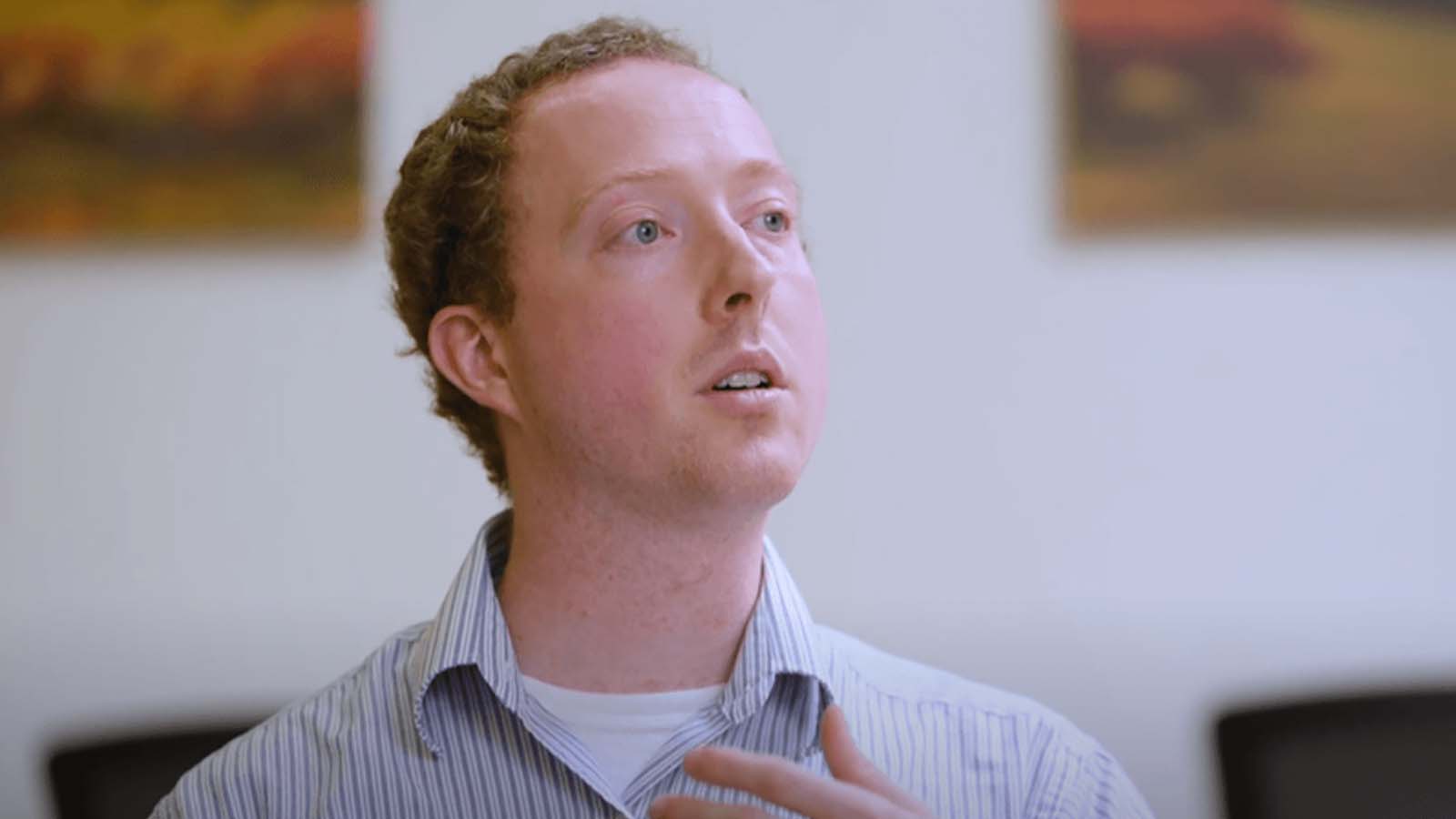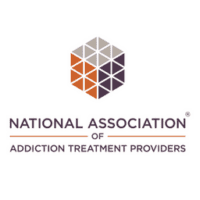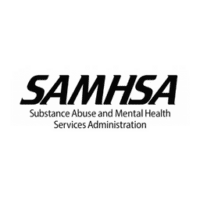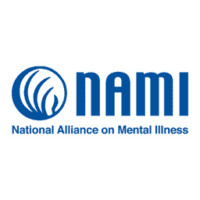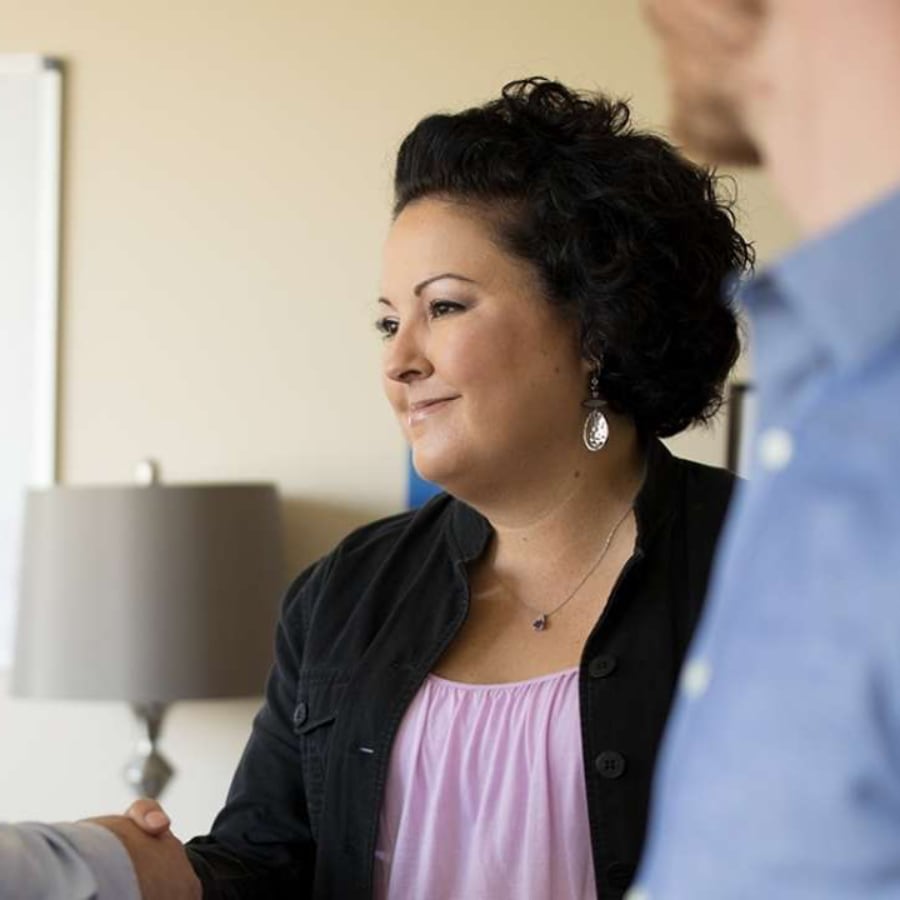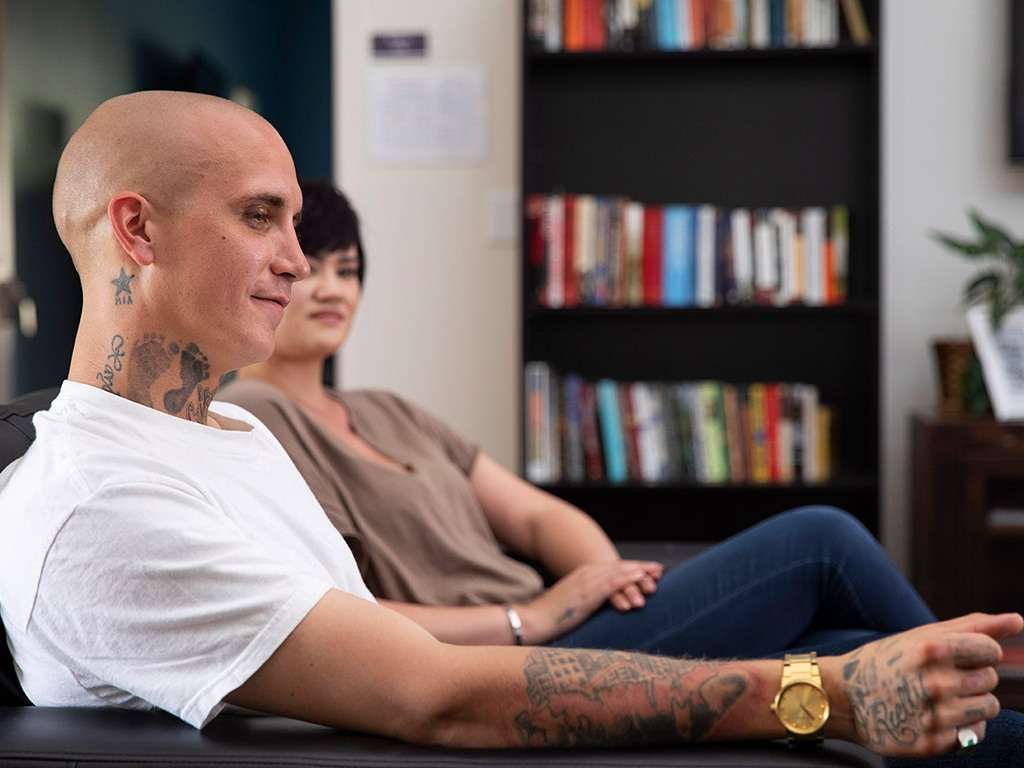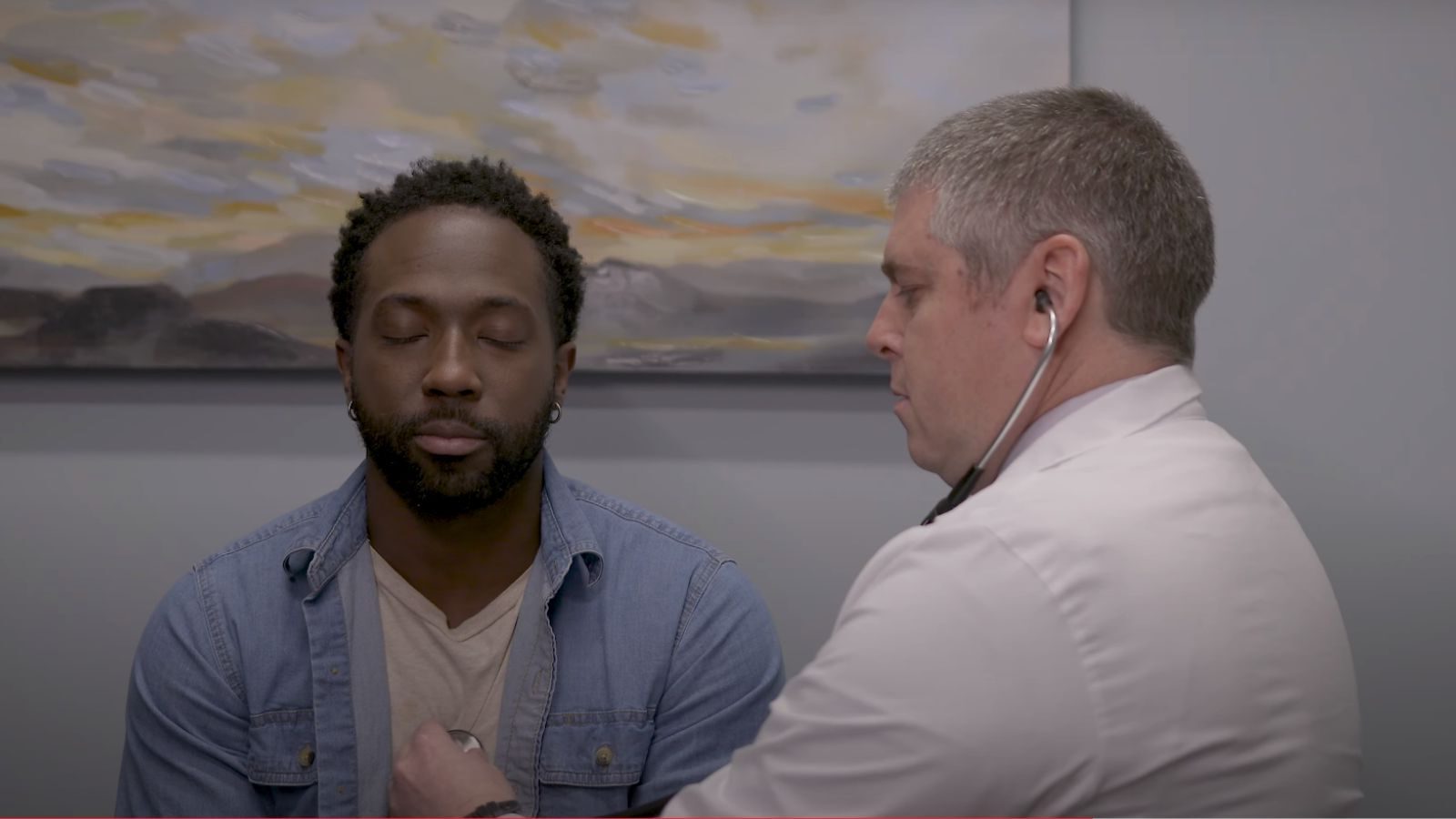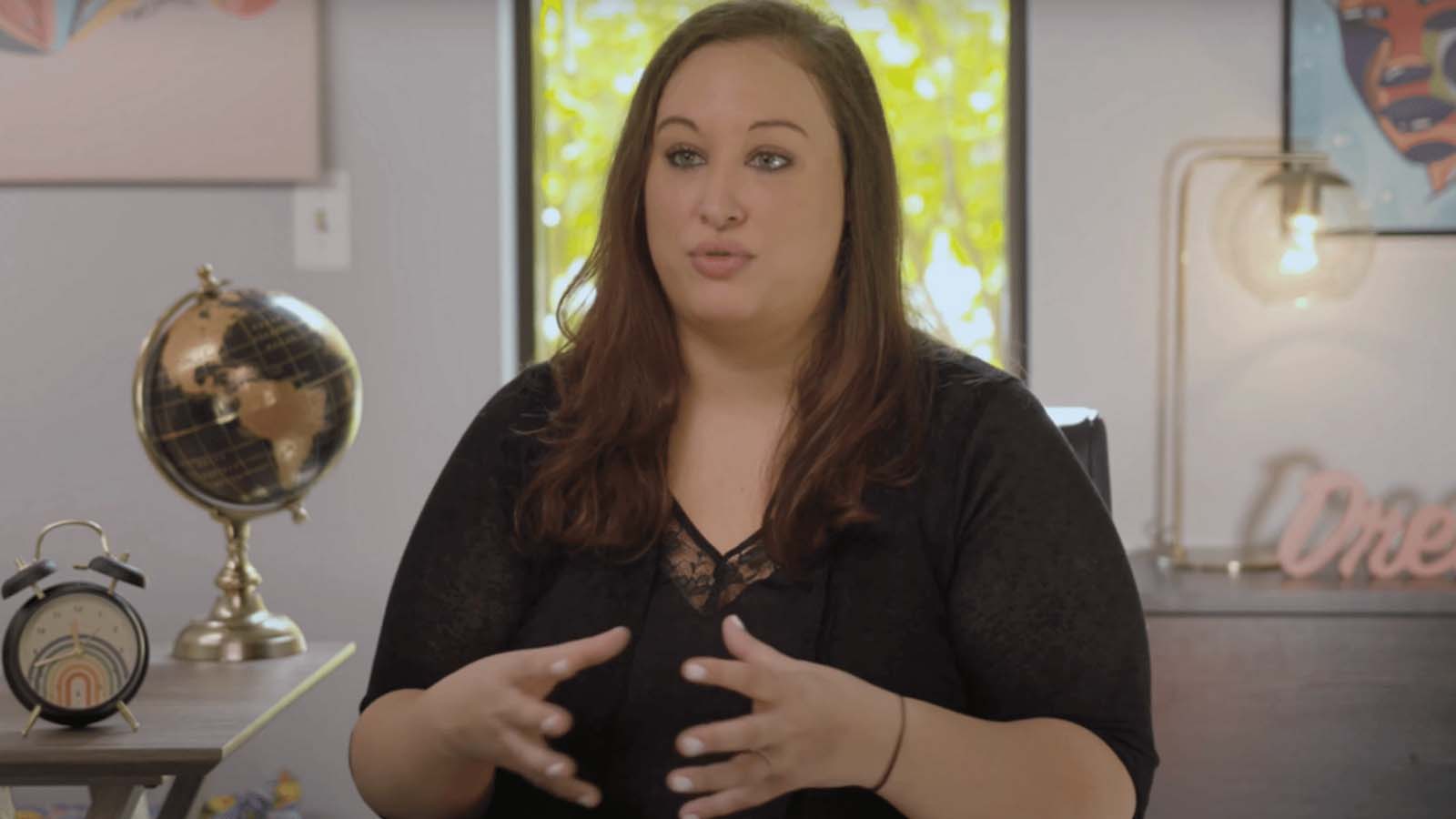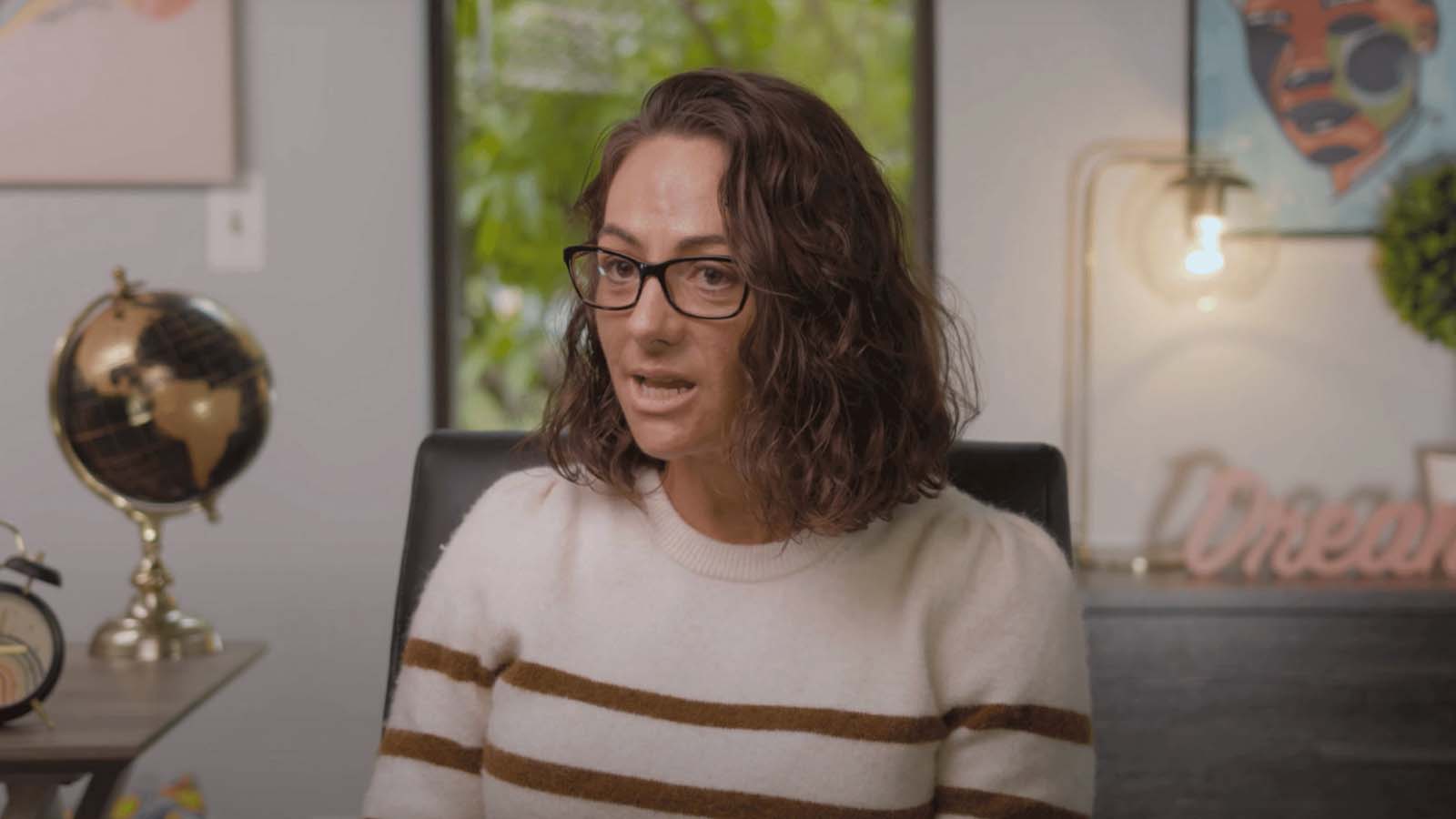Afternoons: Opening up
Lunch is prepared daily by our on-site culinary team and is served family style. An important part of the addiction treatment and recovery process is receiving proper nutrition to begin healing both body and mind.
After lunch, clients are invited to join our clinical staff and their peers in the afternoon group. Topics covered include mindfulness, life skills, managing cravings, and coping skills.
Evenings: Community & reflections
After dinner, clients are invited to join a sober member of the community for an on-site recovery meeting. These community-led meetings rotate between 12-Step, SMART Recovery, and Refuge Recovery.
After the addiction recovery meeting is finished, clients are given time to wind down. This is a time for clients to talk with each other, journal, and connect with their family members via phone.
Before lights out, medications are administered as needed and clients have time to check in with medical staff before they’re asked to gather for a short Nightly Reflection. This group session is led by a member of the behavioral health team and is an opportunity for clients to focus on gratitude and reflect on the events of their day.
Clients are asked to share how they’re doing mentally, physically, emotionally, and spiritually. They are also given the opportunity to make any amends to their peers or staff for things that were said or done during the day.

